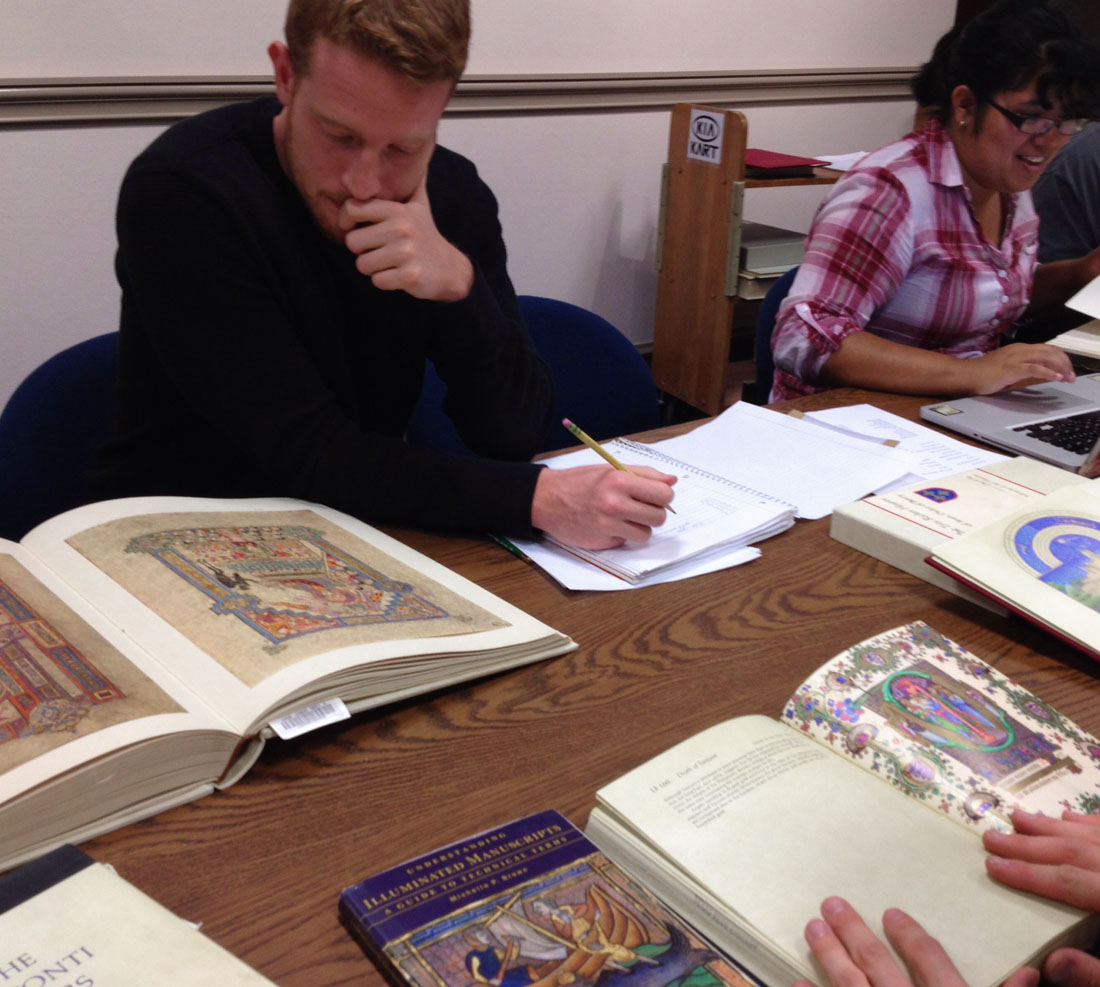
School of Art
Bachelor of Fine Arts
Art Education
BFA in art education
Curriculum
School of Art
-
Address
3010 18th Street | Box 42081, Lubbock, Texas 79409 -
Phone
806.742.3826 -
Email
art.info@ttu.edu

